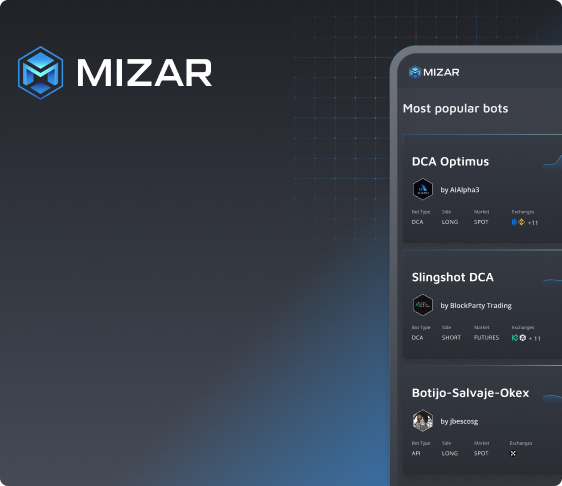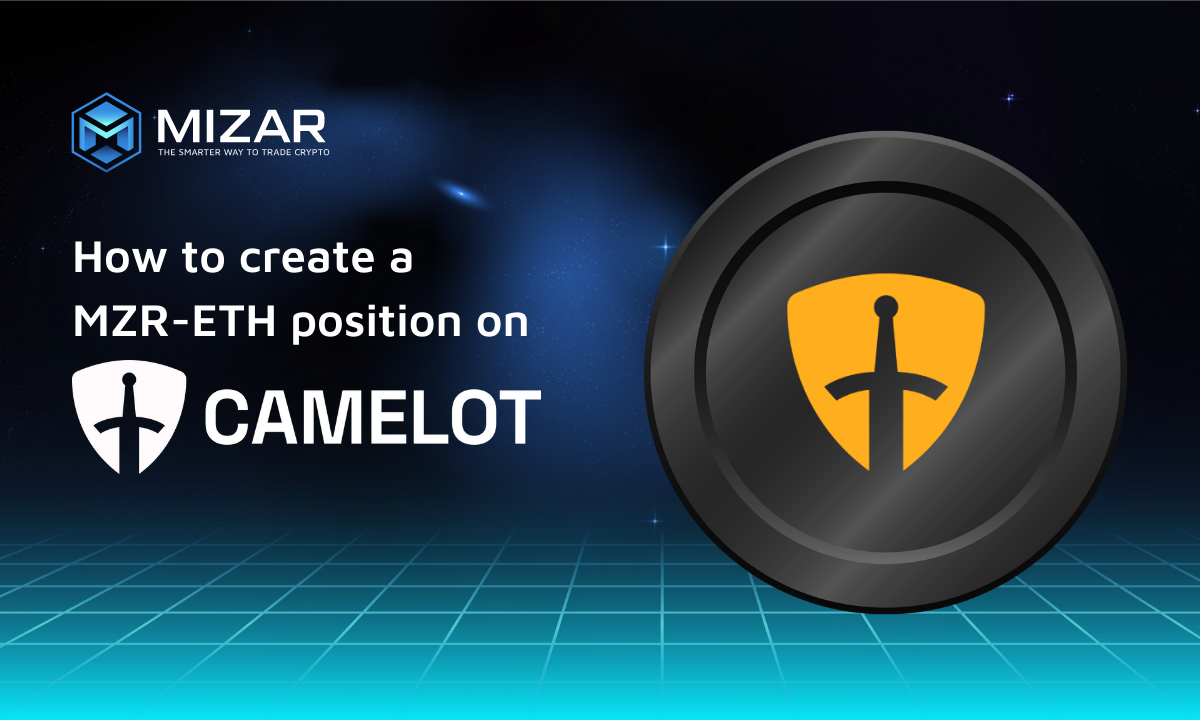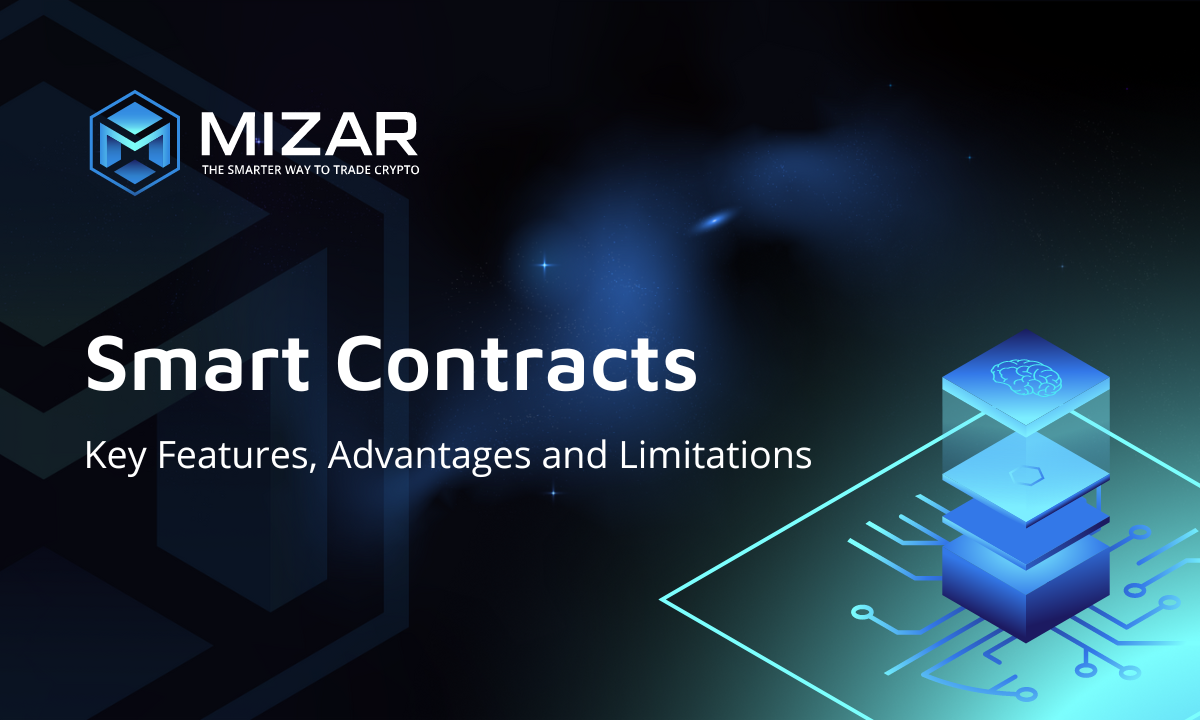Understanding Smart Contracts on the Blockchain: A Game-Changer for Automation and Trust

Smart contracts have transformed the way we leverage blockchain technology, offering an incredible range of possibilities. These contracts provide a secure and automated approach to enforcing agreements, verifying transactions, and streamlining business processes, all without the need for intermediaries.
Key Takeaways:
Smart contracts are self-executing agreements written as lines of code deployed on a blockchain, offering automation and trust without intermediaries.
Smart contracts operate on "if-then" logic, automatically executing actions when predefined conditions are met, enhancing efficiency and reducing the need for human intervention.
Smart contracts present opportunities for making money, such as developing and deploying contracts, earning through contract interactions in DeFi platforms, and investing in tokens issued by smart contracts.
The concept of smart contracts can be traced back to the brilliant mind of Nick Szabo in the 1990s. Szabo foresaw the impact they could have and envisioned these contracts as tools that combine protocols with user interfaces to formalize and secure computer networks. He saw their potential in various fields involving contractual agreements, like credit systems, payment processing, and content rights management.
In the world of cryptocurrencies, smart contracts are essentially applications or programs that run on a blockchain. They work as digital agreements that are enforced by a specific set of rules, defined in computer code. What's interesting is that these codes are replicated and executed by all the nodes in the network, ensuring consistency and reliability.
The real beauty of smart contracts lies in their ability to create trustless protocols. This means that two parties can engage in commitments through a blockchain, even without knowing or trusting each other. They can rely on the fact that the contract will only be executed if the predefined conditions are met. And the best part? Smart contracts eliminate the need for intermediaries or human intervention, which can significantly reduce operational costs. The blockchain, with its decentralized and immutable nature, ensures that the terms of the contract are securely recorded and tamper-proof.
While the Bitcoin protocol has supported smart contracts for quite some time, it was Vitalik Buterin, the mind behind Ethereum, who popularized them. It's important to note, though, that different blockchains may have different methods for implementing smart contracts.
In this article, we will delve into the world of smart contracts, exploring what they are, how they work, their applications, and the potential for financial gains.
What are smart contract platforms?
Smart contract platforms are blockchain networks that provide an environment for the creation, deployment, and execution of smart contracts. These platforms offer specific features and functionalities to support the development and operation of smart contracts, making them accessible to developers and users. Here are some notable smart contract platforms:
Ethereum: Ethereum is the most prominent and widely used smart contract platform. It introduced the concept of smart contracts and remains the go-to platform for decentralized applications (DApps) and token creation. Ethereum uses its native programming language, Solidity, for smart contract development.
Binance Smart Chain (BSC): Binance Smart Chain is a blockchain platform developed by the cryptocurrency exchange Binance. It is compatible with the Ethereum Virtual Machine (EVM), meaning that developers can easily port their Ethereum-based smart contracts to BSC. BSC offers faster transaction processing and lower fees compared to Ethereum.
Arbitrum: Arbitrum is a Layer 2 scaling solution for Ethereum, designed to improve scalability and reduce transaction costs. It operates as a sidechain to the Ethereum network, offering faster transaction processing and lower fees. While not a standalone smart contract platform, Arbitrum enhances the capabilities of Ethereum by enabling developers to deploy their smart contracts on its optimized infrastructure.
How Does a Smart Contract Work?
Smart contracts work on the basis of "if-then" logic, executing actions when specific conditions are met. The contract code is stored securely on the blockchain and can only be changed with the agreement of all involved parties. Once the conditions outlined in the contract are satisfied, the contract automatically carries out the agreed-upon actions.
As a smart contract use case, let's take a simple rental agreement implemented as a smart contract. The smart contract can specify that the tenant must make a rent payment by a certain date. If the tenant fulfills this condition, the smart contract releases a digital key for accessing the rental property. If the payment is not made on time, the contract can impose penalties or take other predetermined actions.
In a nutshell, smart contracts are like deterministic programs that perform specific tasks when certain conditions are fulfilled. It's important to note that despite the name "smart contract," they are not traditional legal contracts and do not possess human-like intelligence. They are pieces of code running on a distributed system called the blockchain.
In the Ethereum network, smart contracts handle the execution and management of blockchain operations when users interact with each other. Addresses that are not smart contracts are referred to as externally owned accounts (EOAs), which are controlled by users. On the other hand, smart contracts are controlled solely by their underlying computer code.
An Ethereum smart contract consists of a contract code and two public keys. The creator provides one public key, while the other represents the contract itself, serving as a unique digital identifier.
To deploy a smart contract, a blockchain transaction is used, and it can be activated by an EOA or other smart contracts. However, the initial trigger for activation is always caused by an EOA (user).
Making Money from Smart Contracts
There are several ways individuals can make money from smart contracts:
Development and Deployment: Skilled developers can create smart contracts for specific use cases and deploy them on blockchain platforms. They can earn money by charging fees for contract creation or through licensing their contracts to others.
Contract Interactions: Users can earn money by interacting with existing smart contracts. For example, in DeFi platforms, users can lend their cryptocurrencies and earn interest, participate in liquidity pools, or provide collateral for loans and receive rewards. Learn how to participate in the MZR-ETH liquidity pool here.
Token Investments: Smart contracts can issue tokens, and individuals can invest in these tokens during Initial Coin Offerings (ICOs) or token sales. If the project succeeds, the token value may increase, resulting in potential profits.
Most Used Smart Contracts
While the popularity of smart contracts continues to grow, some of the most commonly used contracts are:
ERC-20 Tokens: ERC-20 is a standard for creating fungible tokens on the Ethereum blockchain. These tokens power numerous decentralized applications (DApps) and are widely used for crowdfunding, loyalty programs, and governance within blockchain projects.
Decentralized Exchanges (DEXs): DEXs use smart contracts to facilitate peer-to-peer trading of cryptocurrencies. They provide a secure and transparent way to exchange digital assets without the need for intermediaries.
Non-Fungible Tokens (NFTs): NFTs are unique digital assets that can represent ownership of digital or physical items. Smart contracts enable the creation, ownership, and transfer of NFTs, revolutionizing industries such as art, gaming, and collectibles.
Conclusion
Smart contracts have revolutionized the way agreements are executed, introducing automation, transparency, and trust to various industries. Their ability to eliminate intermediaries, streamline processes, and ensure immutability opens up a world of possibilities. Read the next article to learn more about the potential of Ethereum Smart Contracts, including the key features, advantages, use cases & challenges.



